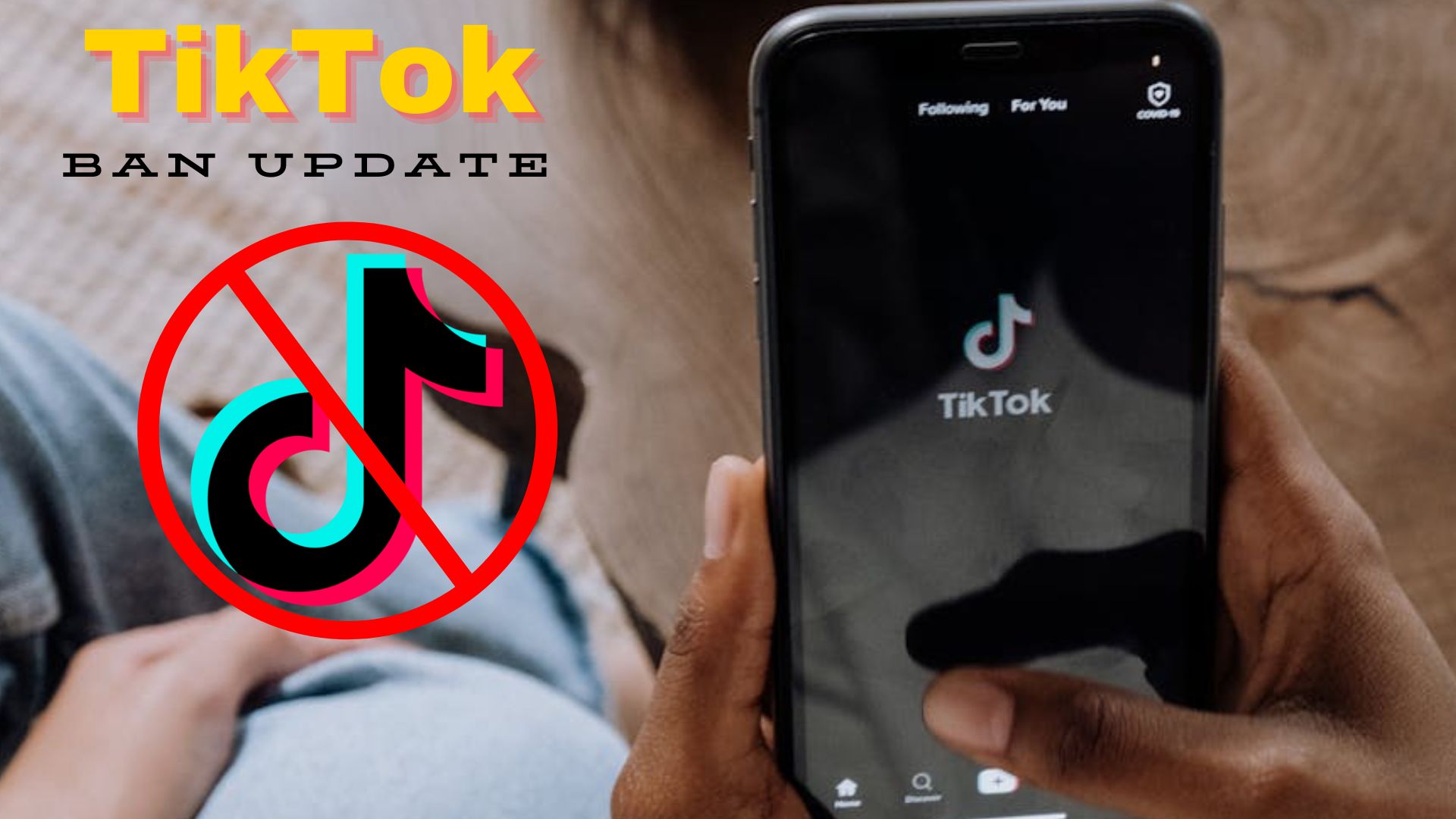
TikTok Getting Banned
TikTok has captured the attention of millions of users worldwide, becoming a cultural phenomenon for short-form videos and entertainment.
However, in the United States, the app has faced significant scrutiny and legal challenges, raising the question: why is TikTok getting banned? This blog explores the reasons behind this potential ban, key players involved, and the impact it may have.
Background of TikTok and Its Popularity
TikTok, owned by the Chinese company ByteDance, launched internationally in 2018 after merging with Musical.ly. The app’s user-friendly design and advanced algorithm quickly garnered a massive audience, particularly among Gen Z users. By providing a platform for creating, sharing, and discovering short videos, TikTok became a central hub for trends, challenges, and creative content.
However, its rapid rise to fame came with heightened scrutiny from governments worldwide, especially in the United States, where concerns over data security, user privacy, and national security started to dominate conversations.
Core Reasons Behind the Potential Ban
The discussions around banning TikTok in the United States stem from a combination of political, legal, and technological factors:
1. Data Privacy Concerns One of the primary reasons for targeting TikTok is its data collection practices. U.S. lawmakers and security experts argue that ByteDance’s ownership of TikTok exposes American user data to the Chinese government due to China’s strict data security laws. Critics claim this could lead to sensitive information being shared with Beijing, compromising national security.
TikTok has repeatedly denied these allegations and stated that U.S. user data is stored in data centers in the United States and Singapore, with plans to localize all U.S. data to American servers. Despite these measures, skepticism persists among lawmakers and officials.
2. National Security Concerns The U.S. government views TikTok as a potential risk to national security. Critics claim that the platform could be used as a tool for surveillance or propaganda. The Committee on Foreign Investment in the United States (CFIUS) launched an investigation into TikTok, and its findings have fueled debates about limiting the platform’s reach.
3. Bipartisan Political Pressure While data privacy and security dominate the narrative, political dynamics also play a role. Both Republican and Democratic lawmakers have raised concerns about TikTok’s influence on American society, particularly its appeal to younger generations. Lawmakers fear the app’s potential to spread misinformation and its alleged ties to foreign influence campaigns.
Legal Battles and Policy Developments
TikTok’s future in the United States remains uncertain as legal battles and policy debates unfold. Below are key developments shaping the discussion:
1. State-Level Bans Montana became the first U.S. state to pass legislation banning TikTok entirely, citing concerns over user safety and national security. The move sparked controversy and lawsuits, with TikTok filing a legal challenge, claiming the ban violates the First Amendment.
2. Federal Legislation and Executive Orders Federal lawmakers have introduced bills that seek to restrict access to apps linked to foreign adversaries. These efforts have gained momentum, with former President Donald Trump previously attempting to ban TikTok through executive orders, which were later blocked by courts. The Biden administration has taken a different approach, exploring avenues like forcing ByteDance to divest its U.S. operations.
3. Supreme Court Deliberations As of early 2025, the Supreme Court is reportedly considering a ruling on TikTok’s ban. This could establish a legal precedent for handling foreign-owned tech companies in the U.S. The outcome is eagerly anticipated by both supporters and critics of the ban.
Broader Implications of the TikTok Ban
A potential TikTok ban in the United States could have far-reaching consequences, affecting users, creators, and the tech industry.
1. Impact on Content Creators TikTok has empowered millions of creators to build careers by monetizing their content. If the platform is banned, creators may need to migrate to other platforms like Instagram Reels, YouTube Shorts, or emerging alternatives such as RedNote.
2. Market and Economic Ramifications TikTok’s presence in the United States has significant economic implications. The platform has helped businesses advertise and connect with younger audiences, contributing to a thriving ecosystem. A ban would disrupt this landscape, potentially benefiting competitors.
3. Geopolitical Tensions The TikTok saga reflects broader U.S.-China tensions. A ban could escalate diplomatic disputes between the two nations, adding another layer of complexity to their relationship. It also underscores global concerns about regulating foreign-owned technology platforms.
Alternative Platforms and Emerging Trends
If TikTok is banned, users are likely to explore other options for short-form video content. Some popular alternatives include:
- Instagram Reels
- YouTube Shorts
- Snapchat Spotlight
- CapCut and Other Editing Apps
Emerging platforms like RedNote and Xiaohongshu (known as RED in China) could also gain traction as they fill the gap left by TikTok.
Take Home
TikTok’s uncertain future in the United States highlights the intersection of technology, politics, and society. While data privacy and national security concerns remain central to the debate, the broader implications of a ban extend far beyond these issues.
As the Supreme Court deliberates and policymakers seek solutions, millions of users and creators await clarity. Regardless of the outcome, the TikTok controversy has sparked vital conversations about data security, tech regulation, and global governance. Whether TikTok survives in the U.S. or not, its impact on the digital world is undeniable.





